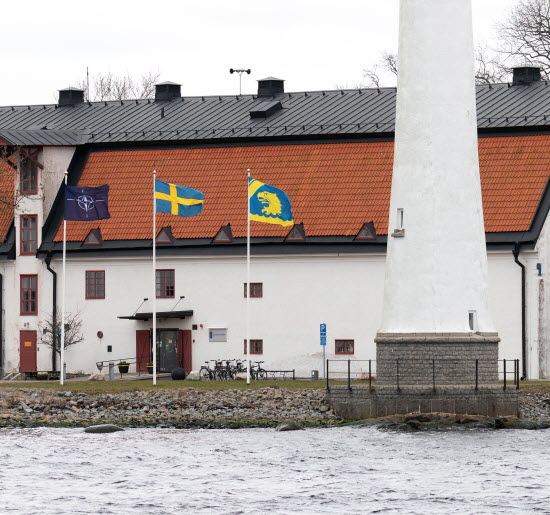Nato

Sweden has been a member of NATO since March 2024. This affects the Swedish Coast Guard in several ways, primarily because civil preparedness work within NATO clearly contributes to the alliance’s collective defence capabilities. NATO membership strengthens Sweden’s security, which has implications for all of society. As a member, we contribute to strengthening security and protecting the entire alliance against all types of threats.
Sweden’s adaptations to NATO’s civil preparedness structures are taking place within the same framework as the existing civilian components of the total defence. This means that the work of strengthening the Swedish Coast Guard’s role in the total defence at the same time fulfil our commitments entailed by NATO membership.
In addition to the efforts required to strengthen Sweden’s total defence, membership of NATO also entails the need for constant measures to improve and adapt to the demands placed on the authorities. Essentially, it is about being able to maintain necessary societal functions such as access to food and water, healthcare, transport, energy and communication.
NATO membership in practice
For the Swedish Coast Guard, NATO membership means:
- ensuring liaison and communication systems
- managing an increased flow of cases and NATO-classified documents
- an increase in the number of exercises, with other civilian authorities and with the Swedish Armed Forces
- an increasing amount of requests for assistance, especially to the Police Authority
- that we need to exercise together with our Nordic neighbours and identify shortcomings in coordination and communication.
The Nordic dimension is important in this context. It is about a contiguous geographical area in the northeastern parts of NATO, close to the Arctic and Russia. Exercise, coordination and communication with our neighbouring countries are therefore capability-enhancing.
Host nation support
Host nation support includes all measures, from preparatory planning to management, with the aim of receiving support from another state or organisation as effectively as possible in the event of societal disruptions in peace and war. This may involve, for example, the transit of aid through one state to another receiving state. Both civilian and military activities are included. Host nation support can also be implemented in regular activities, for example during exercises.
Facts about NATO
- The North Atlantic Treaty Organization, better known as NATO, was founded in 1949.
- NATO is an intergovernmental organisation consisting of both a political and a military component with the aim of preserving peace in the North Atlantic area by deterring armed attacks against members of the alliance.
- If a Member State is attacked, NATO must collectively come to its defence within the North Atlantic area.
- NATO’s core tasks are deterrence and collective defence, civil and military crisis prevention, and management, as well as cooperation on matters that concern security.
- From April 2023, when Finland joined, the organisation had 31 member countries. Sweden is the 32nd member country.
- Collective defence remains the foundation of NATO.
- Sweden has cooperated with NATO since the 1990s.

